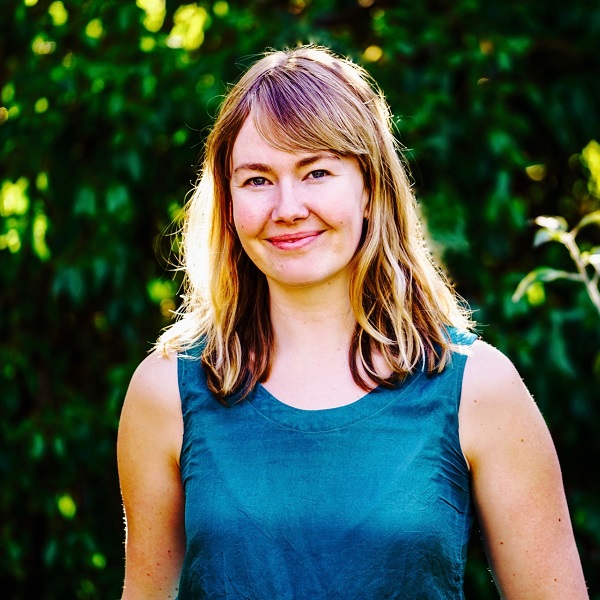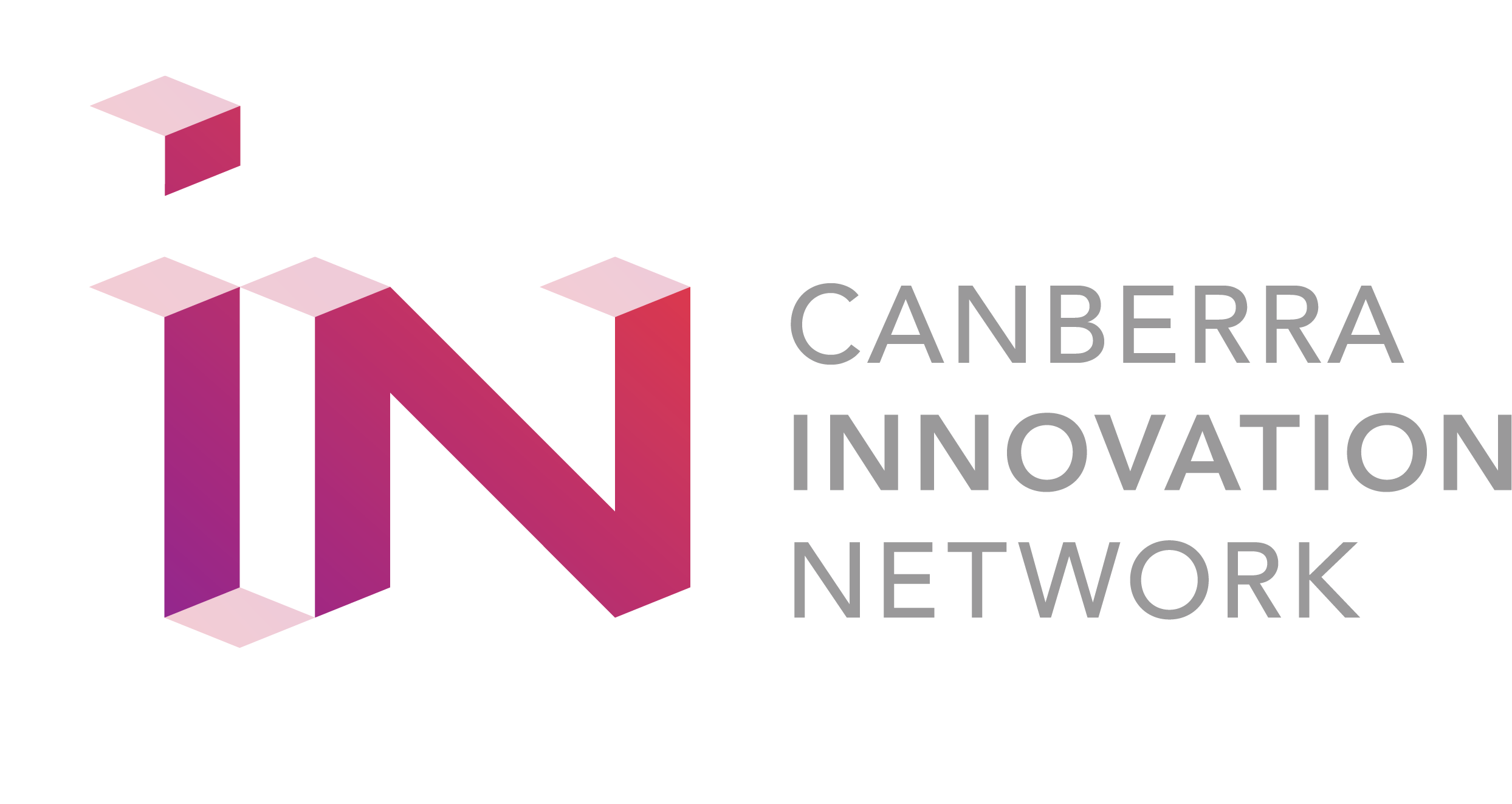
Each Wednesday we interview women in our community about innovation and what drives them to make a difference in their industries everyday!
What are you working on?
The Neighbourhood Effect is a digital platform that uses behavioural science to make it easy to adopt a greener lifestyle and reduce your carbon footprint. We do this by showing you which actions are most impactful for you, and tailoring suggestions to suit your lifestyle, household, location and budget. We also connect you to local, eco-friendly products, services and community initiatives.
In May, we launched our ACT-wide pilot website with the support of the ACT government and Reposit Power, and we just finished a crowd-funding campaign, raising roughly $30,000 to help build out the full version of our mobile application and website.
Why is innovation important to you?
Innovation is a bit of a catch-all phrase that can mean lots of things to different people. For me, innovation means combining and experimenting with approaches and knowledge from disparate areas of scientific inquiry to help address the complex problem of climate change mitigation. The innovative part of the platform we’re building is its behavioural science design, combined with great user experience and consumption-based carbon accounting. We give you the information you need up-front to help you make a decision and take action. So for example, we’ll show you the environmental and financial savings for a particular activity, how much time it’ll take you, and where to go in your area to find what you need. We also let you track your impact and the impact your community is having. That way, we make it easy, financially rewarding and social for you to reduce your environmental footprint.
What drives you to make a difference?
Those of us in comparatively wealthy countries like Australia are buying stuff, generating waste and consuming energy at a rate that is incompatible with limiting global warming to below 2 degrees. When you trace greenhouse gas emissions back through supply chains, you find households cause over 60% of global carbon emissions through our consumer choices and our day-to-day behaviours. Wide-scale policy changes are essential, but a crucial and missing piece of the puzzle is a community-driven approach to change our lifestyles and start actively supporting climate-friendly products and services.
Do you have any advice for getting more women into the innovation ecosystem?
One approach is increasing the coverage of female entrepreneurs and innovators in mainstream media. It can positively influence a woman’s decision to start her own business if she can easily find and identify with women leaders in STEM and entrepreneurship.
Another is access to networks. I’m fortunate enough to have been awarded a place in tech accelerator Blue Chilli’s program for female founders, SheStarts. Through that program I’ve met incredible women leaders in tech startups, in venture capital, in social impact investment and in global companies. This really helped me expand my horizons, built my confidence, and connected me with relevant experts. Entrepreneurship is hard – so you need a strong support network to keep you resilient and to help you find the resources and talent you need. As a starting point, you can often find professional networks and women’s networks you can join in your field through LinkedIn.
Finally, women interested in entrepreneurship need to stop viewing their lack of technical know-how (which is common) as an insurmountable barrier to starting their own business. I don’t have a technical background, but I had a great idea and subject matter expertise. So I found partners and advisors with the technical skillset the project needed and was able to improve my own technical literacy along the way.

